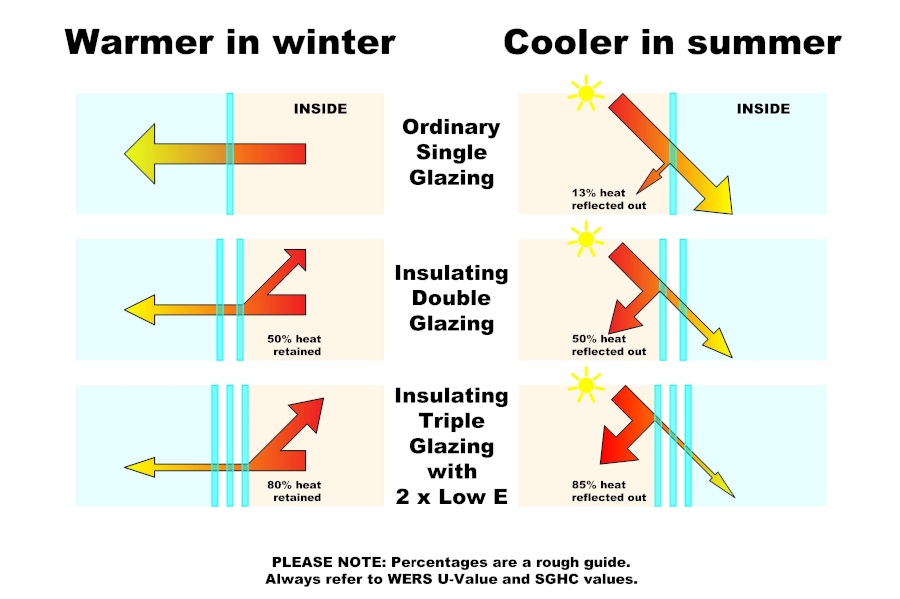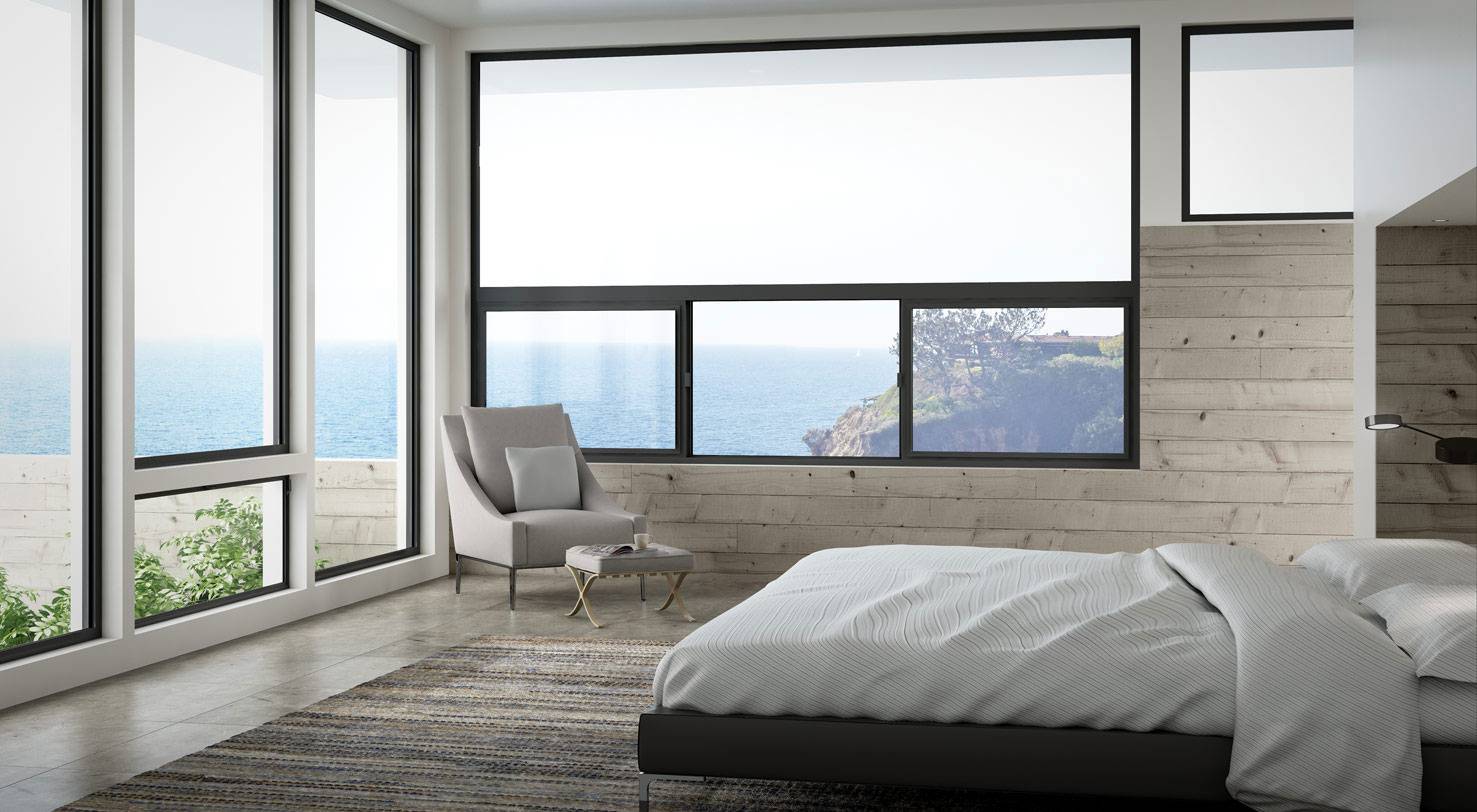All Categories
Featured
Table of Contents
Double Glazing Versus Secondary Glazing in Queens Park Western Australia
Laminated glass is typically used in locations in the home most prone to injury from human impact such as bathrooms, doors, around staircases and in locations near the flooring (it meets the requirements of 'shatterproof glass' that is mandated for usage in these areas by Australian Standard AS 1288 Glass in structures).
Toughened glass has actually been 'tempered' by being reheated and quickly cooled again. This process makes it much more powerful than standard glass it can withstand greater impact loads before breaking. It also makes it safer because, when it does shatter, it gets into numerous small cubic pieces rather than dangerous fragments.
What Is The Best Glazing For My Home? - Part 2 in Northbridge WA
Nevertheless, toughened glass has no thermal or acoustic benefits over other glass of the exact same toning or thickness. Secondary glazing is where single-glazed windows are retrofitted with a transparent acrylic or glass sheet connected to the within the frame or openable sash with a secondary frame or with magnetic strips.


Secondary glazing will not perform too thermally as a manufactured IGU, because it is impossible to absolutely seal the perimeter, but it can offer great noise control. Window films are a thin polymer movie consisting of an absorbing dye or reflective metal layer, with an adhesive backing. They adhere to your glazing to alter its colour or make it reflective.
Glazing And Glass Options - Smarter Homes in Cooloongu Western Australia
Applied to existing glass, some window films can cut in half the total SHGC of the window by taking in and/or showing solar radiation. This can be especially advantageous in hotter environments where cooling is the primary issue, or on east and west elevations directly exposed to extended periods of sunlight. However, window films may likewise lower noticeable light transmittance.

For this factor, it is usually best to use an accredited installer of window movie. Frames have a considerable effect on the thermal efficiency of windows and doors, since energy can be acquired and lost through the frame, as well as through the glass. Various types of frame will permit different levels of heat gain and loss, so careful option of frame is very important for reliable passive design.
Techniques For Double Glazing Windows in Alfred Cove WA
Aluminium is likewise a very good conductor of heat and will reduce the insulating worth of a glazing unit, unless particularly engineered to minimize this. A 'thermally broken' frame is made up of 2 aluminium sections linked by a structural insulator (generally a low-conductivity structural polymer). This 'breaks' the thermal connection through the aluminium and minimizes the heat flowing through the frame.
They can be costly, but rates are reducing as they end up being more common. Lumber frames are an excellent natural insulator that can match some house styles. Timber frames ought to be made from species that have naturally high toughness or be treated to prevent decay and contortion. Check that the wood is sourced from a sustainably managed forest.
Does Double Glazing Have A Vacuum? in Duncraig Perth
(weather condition removing) is set up.
u, PVC doors and windows have excellent thermal efficiency Image: Ben Wrigley (Light Home Architecture and Science) Composite frames use aluminium profiles on the external sections with either a lumber or u, PVC inner section. These integrate the low maintenance and sturdiness of aluminium with much enhanced thermal performance.
Table of Contents
Latest Posts
Does Double Glazing Reduce The Heat In Brisbane's Summer? in Spearwood Western Australia
Save Energy With Double Glazed Windows in Hocking WA
Triple Glazing – Pros & Cons in Ocean Reef Western Australia
More
Latest Posts
Does Double Glazing Reduce The Heat In Brisbane's Summer? in Spearwood Western Australia
Save Energy With Double Glazed Windows in Hocking WA
Triple Glazing – Pros & Cons in Ocean Reef Western Australia